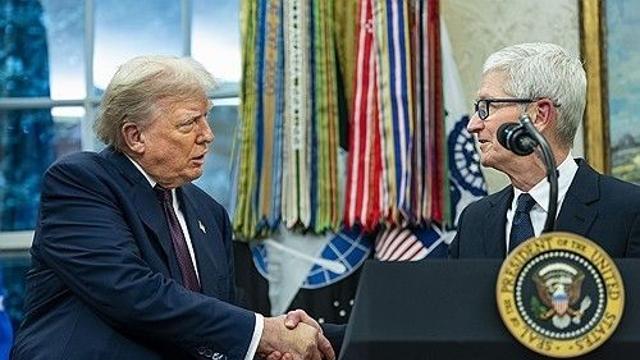U.S. corporations are engaging in a historic spree of stock buybacks, poised to reach unprecedented levels by the close of 2025. Bolstered by robust financial results but hesitant to invest amid trade policy uncertainties under President Donald Trump, companies are channeling surplus cash into repurchasing their shares.
Data from Verity Assocs., highlighted by the Wall Street Journal, reveals that American firms have already announced $983.6 billion in buybacks this year, a record since tracking began in 1982. This figure is anticipated to exceed $1.1 trillion by December, setting a new high-water mark.
Leading this wave are tech titans like Apple and Alphabet, Google’s parent company, alongside major financial players such as JPMorgan Chase. Apple, in response to potential tariff-induced costs, declared a $100 billion buyback in May. As of its July earnings report, the company holds $36.3 billion in liquid assets. Alphabet has also embarked on a $70 billion buyback initiative, maintaining $21 billion in cash reserves.
JPMorgan Chase, the largest bank in the U.S., announced a $50 billion buyback in July. Meanwhile, Bank of America and Morgan Stanley have sanctioned $40 billion and $20 billion in buybacks, respectively. This surge is attributed to enhanced profits and increased cash reserves following tax cuts, coupled with hesitancy to pursue new investments amid trade uncertainties.
Jeffrey Yale Rubin, Chairman of Verity Assocs., commented, “The situation is better than everyone thinks. Companies are flush with cash. The business situation was already good even before the improvement in profits.” Some analysts view these buybacks as indicative of robust consumer spending and financial health in the U.S.
Despite the investor enthusiasm typically accompanying stock buybacks, there are critical voices. Some skeptics argue that these repurchases artificially inflate stock prices in an already overvalued market. Additionally, the preference for buybacks over long-term investments or dividends suggests a cautious corporate outlook, wary of the potential long-term impacts of the ongoing trade war initiated by the Trump administration.
